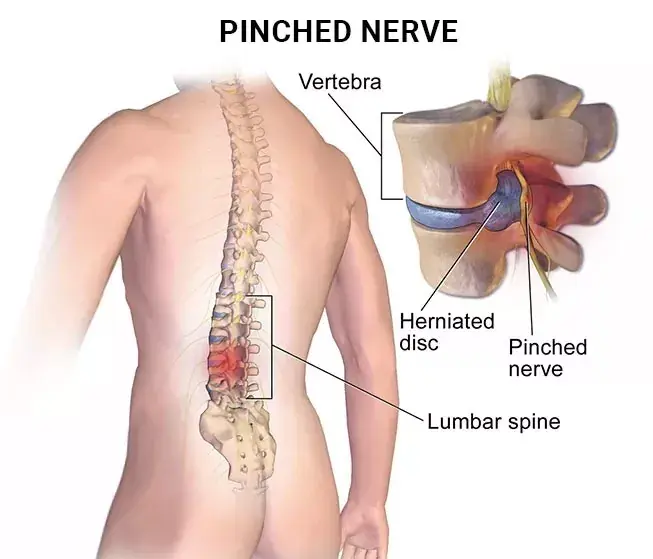Stress Management
- Dr. Jill Evans

- Nov 2, 2021
- 2 min read

Stress is a physiological response that arises when we are used past our limits. Responses may vary from motivation to improve or crippling fear. Learning how to manage stress allowed us to harness our response to think and car more productively. Instead of feeling hopeless or overwhelmed, we can learn to overcome new challenges. In this blog, we will share activities that can help with stress management.
Stress is a part of everyday life. There is good stress and bad stress but the body doesn't always know which is which. Good stress could be defined as a short-term stressor that pushes us to focus and improve performance, such as working out or starting a new job. Bad stress is more chronic stress that may cause our thoughts to spiral into unpleasant emotions, anxiousness, and decreased performance, such as family problems and illness.
Stress can affect the body in different ways for each individual person. Maybe you notice tightness or tension in your neck, traps, shoulders, core, or maybe in a different area for you. It is important to notice what triggers the feeling of stress and where you feel it. Awareness is the first step in stress management. It is important to realize that the feeling of stress can be a normal part of life. There is good stress and bad stress. It doesn't always mean that something has gone wrong.
Something to think about
1) How can you tell the difference between good stress and bad stress in your own life?
2) What common stressors do you notice in your life?
3) How can understanding good and bad stress help you to cope more effectively?
As mentioned above, we manifest stress in different ways but we are able to learn new skills to cope with stress. Your method of dealing with stress needs to be practiced to make it natural. Focusing on the stressor can exacerbate the physical or mental symptoms that we feel. Here are a couple of creative ways you can deliberately practice coping under stress:
Stress Management Skills
Journaling- Writing down stressors can help us process our thoughts and emotions. Take 5 minutes to write out the situation.
To-do List- This seems too easy but it is a common technique that can actually help beat stress by breaking down overwhelming situations into manageable chunks. Another great part of this is that you get to celebrate the small victories as you accomplish them.
Progressive Relaxation- Settle into a comfortable position. Focus on your breathing for a minute or two, just inhaling and exhaling. Pay attention to how your body is taking in the air. Are you breathing with your belly or lungs? Try a couple of times to take in breathe that fill your belly rather than your lungs and chest. Breath in, through your nose, for 7 counts, hold it, breath out for 7 counts, through your mouth. Practice this breathing technique for 30 seconds each day. When you want, move up to a minute.
Stress is a part of our everyday life and nothing has necessarily gone wrong. It's important that you have a plan. What will you do when you are feeling stressed? What is IN your control and what is NOT in your control? How will you decide to process your stress so you are able to move forward?






Comments